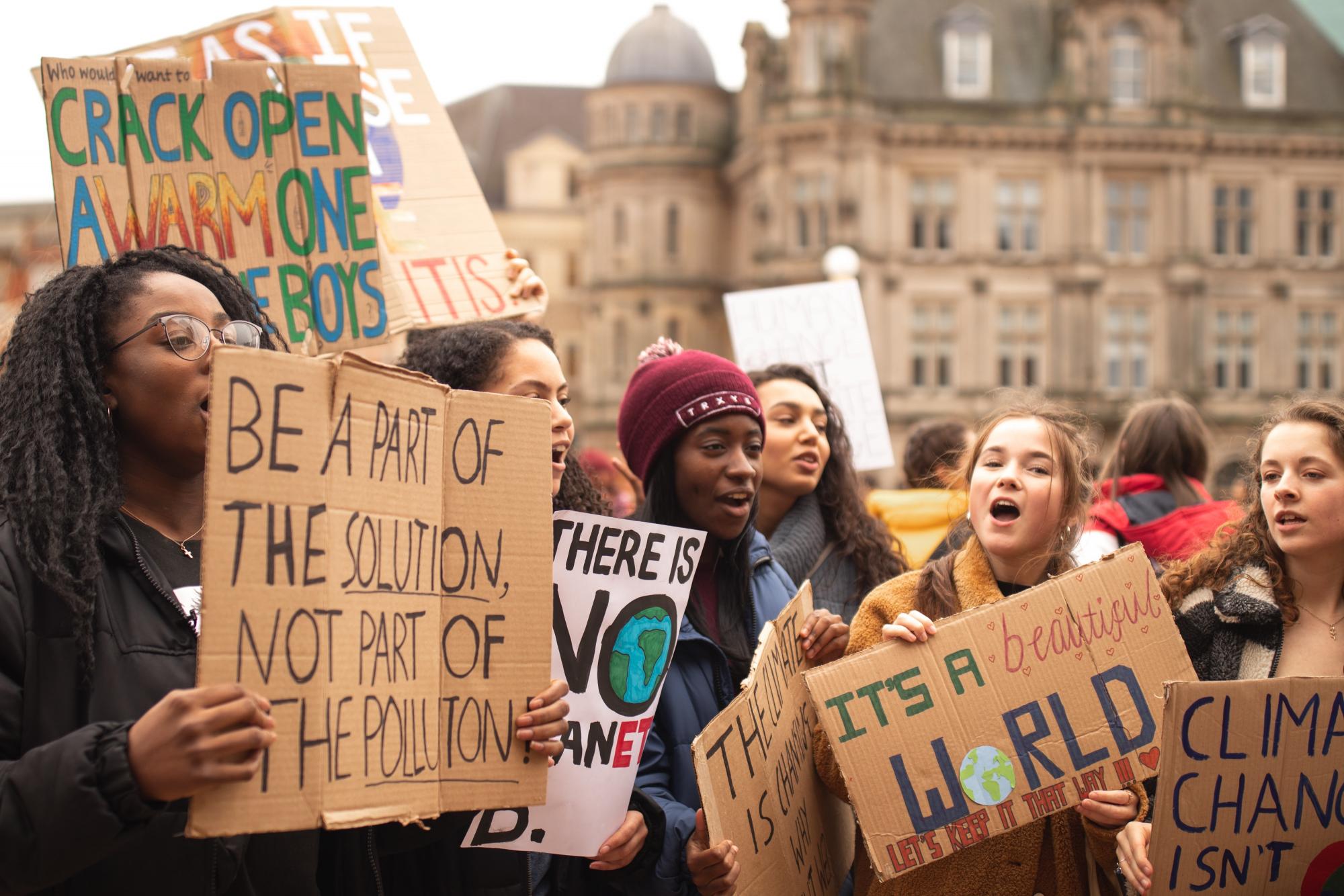Visa Stock Analysis: Is Visa a Strong Opportunity Ahead of Q4 Earnings?
$325.48
28 Jan 2026, 19:25

Unsplash.com

As industrial action in Britain spreads to other industries, over 500,000 employees are prepared to strike on a single day.
The government employees, teachers, university employees, and railway drivers' unions have announced that their members will strike on February 1 in support of demands for greater compensation to address the biggest cost-of-living crisis in a generation.
Bloomberg estimates that some 450,000 workers have the mandate to strike. If every union member exercised their right, the day's industrial action would almost match every strike that took place throughout the whole month of November.
This Thursday, the Office for National Statistics reported that strikes cost the nation 467,000 working days in November, a 10-year high.
As part of a salary dispute, over 100,000 civil officials announced last week that they would go on strike on February 1. This has caused disruptions throughout the UK public sector, including driving tests, passport applications, and welfare payments. Other workers' unions have since chosen the same day for their own industrial actions.
Labour organisations are also organising significant demonstrations that day in opposition to government attempts to enforce minimum service standards during strikes.
Unions appear to be coordinating their industrial action more now that there is no hope of a significant salary increase. The National Health Service will be confronted with a simultaneous walkout by both sets of employees for the first time on February 6 when nurses and ambulance personnel go on strike.
Although UK salaries are increasing at a nearly unheard-of rate, the majority of the money is going to employees in the private sector.
According to the Office for National Statistics, average wages, excluding incentives, increased 6.4% in the three months leading up to November compared to the same period last year. With the exception of the peak of the coronavirus pandemic, that is the largest rise since records have been kept in 2001.
Workers now have tremendous negotiating leverage as a result of labour shortages. The private sector, where earnings increased by 7.2%, is where the pressure is the greatest. They climbed by just 3.3% in the public sector, a significant decrease from the current inflation rate of 10.5%.
The government raised the pay of all public employees in France by 3.5% in July of last year, which was the largest nationwide rise in wages in 37 years. France is currently experiencing significant strikes in opposition to proposals to raise its retirement age. Along with individual rises brought on by changes in careers inside the public sector, that improvement also occurred.
The French minimum salary index for state, hospital and municipal government employees was increased this month to mirror an increase of 1.81% in the minimum wage in the private sector. As price increases accelerated, the government already boosted that public sector minimum by 2.2% in October 2021, 0.9% in January 2022, and 2.65% in May 2022.
Even so, France's December inflation rate of 6.7% was lower than the UK's double-digit rate.
On January 24, the first round of collective bargaining for over 2.5 million employees of the federal and municipal governments will begin. The union is requesting a wage increase of 10.5%.
(Bloomberg.com)